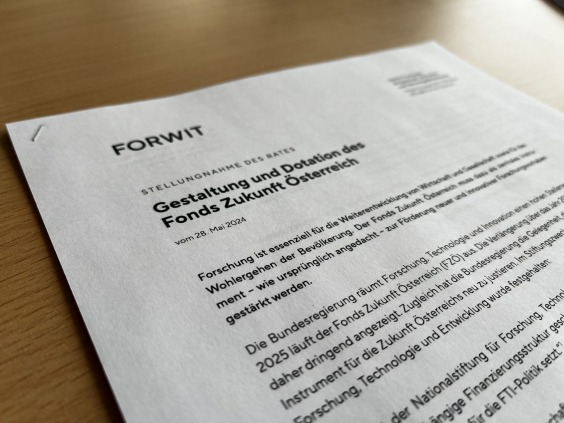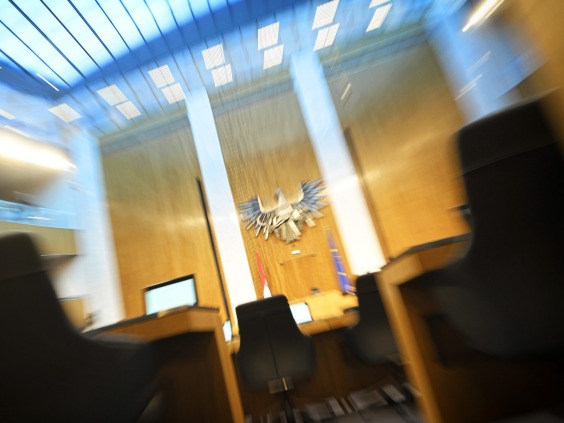Geopolitical bloc formation, Europe’s dwindling influence, the dramatic deterioration in European competitiveness, the future of European democracy, freedom and security and the key role of research, technology and innovation were at the centre of this year’s FORWIT New Year’s reception.
In front of representatives from over sixty STI and science organisations, the federal government, the National Council, business and administration, Thomas Henzinger and Sylvia Schwaag Serger addressed the challenges through which national, but especially European STI policy must navigate, and Austria’s science and innovation policy agenda 2025.
Global turning point challenges Europe
We are in the midst of a turning point. Europe is rapidly losing its economic, technological, geopolitical and security influence.
Sylvia Schwaag Serger
Sylvia Schwaag Serger, Deputy Chairwoman of FORWIT, made it clear in her assessment of global developments that this will not be an easy endeavour. ‘We are in the midst of a turning point. Europe is increasingly losing its economic, technological, geopolitical and security influence. At a time when our global significance is more important than ever – for economic development, for combating and mitigating climate change, for the defence of freedom, security and democratic values – we are falling behind in research, technology and innovation.’
The massive upheavals of recent years and the accelerating developments make it necessary to recognise science, technology and innovation as the connecting key elements for national and European security, sustainability and competitiveness. Effective answers must be found in a timely manner to increase the impact of science and innovation and to react quickly and purposefully to new developments.
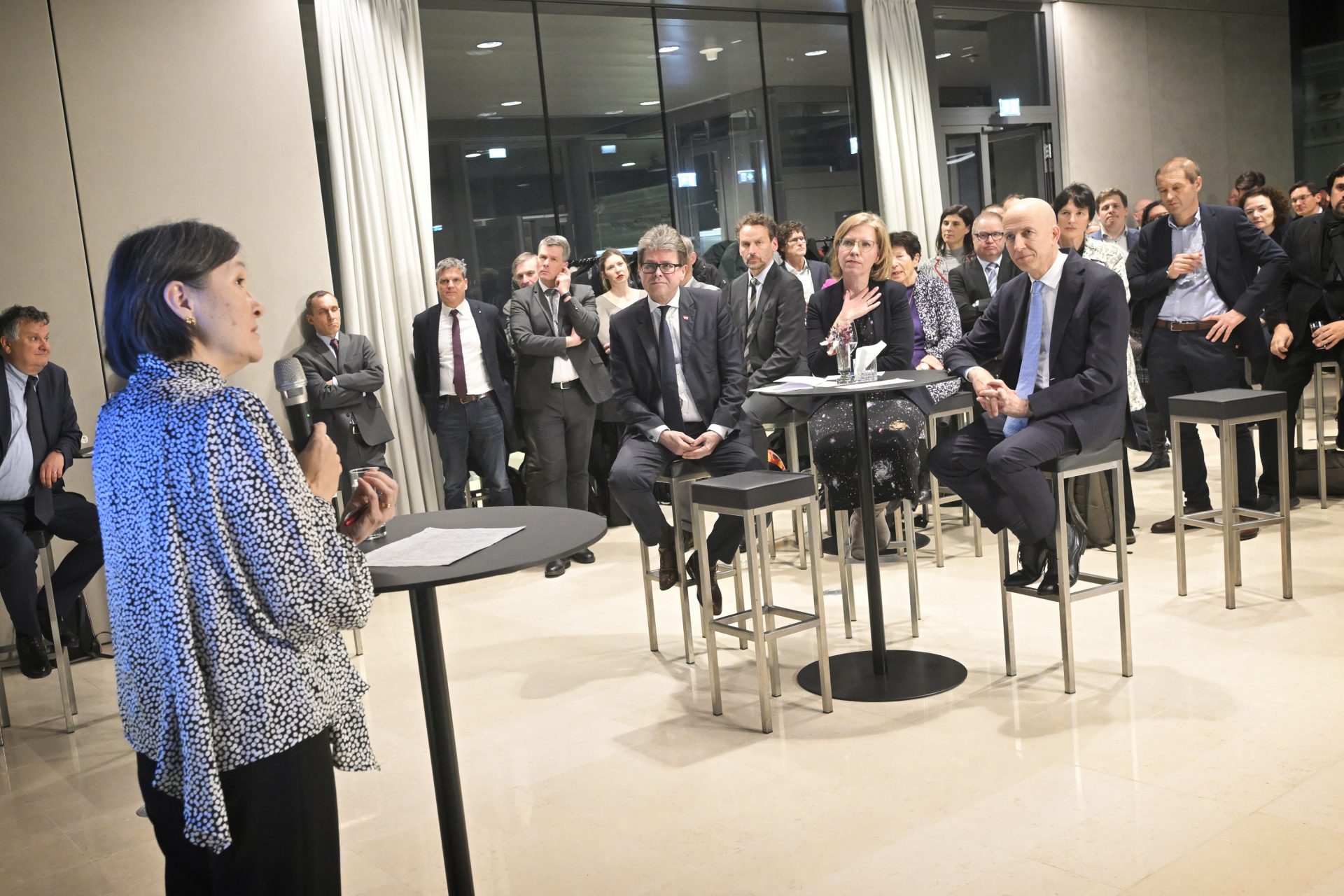
Europe’s relevance and influence must be significantly strengthened
The aim must be to raise the global relevance and influence of the European Union to the level of the growing blocs.
Sylvia Schwaag Serger
In view of the renaissance of geopolitical bloc formation and the enormous resources that the USA and China are investing in research, technology and innovation, it no longer matters how well an individual European country performs. ‘Research, technology and innovation are power-decisive factors. The aim must be to raise the global relevance and influence of the European Union to the level of the growing blocs. If this does not succeed, the countries of Europe will have to watch as others decide according to which values and in whose interests this global power is used,’ emphasises Schwaag Serger, who is also the main author of the European Commission’s so-called “Heitor Report”.
The science and innovation policy agenda 2025
This will be challenging, not least against the backdrop of Austria’s budgetary situation.
Thomas Henzinger
The geopolitical conditions must therefore also be taken into account in Austrian science and STI policy, which is expected to be a busy and decisive year, says Thomas Henzinger, Chairman of FORWIT. ‘This year will see the mid-term evaluation of the STI Strategy 2030, and the STI Pact 2027-29 must be drawn up and adopted in connection with this. This will be challenging, not least against the backdrop of Austria’s budgetary situation.’
Another urgent item on the STI policy agenda is the need to secure the Future Austria Fund financially and institutionally. It was only in December that forward-looking changes were implemented for the FZÖ on the initiative of FORWIT. ‘Now we need to secure the fund, which expires this year, for the coming years and adjust its financial resources in line with its core tasks,’ Henzinger emphasises FORWIT’s demand.
At European level, the design of the next EU Framework Programme for Research and Innovation (FP10) remains a key issue – FORWIT has already made recommendations on this too. Furthermore, Henzinger continued, the initiative for the European Research Area Act is picking up speed and Commissioner Zaharieva already announced in December that she intends to lay the strategic foundations for an Innovation Act this year. ‘Austria must play an active, committed and formative role in all of these highly relevant topics that are critical for the future of Europe.’
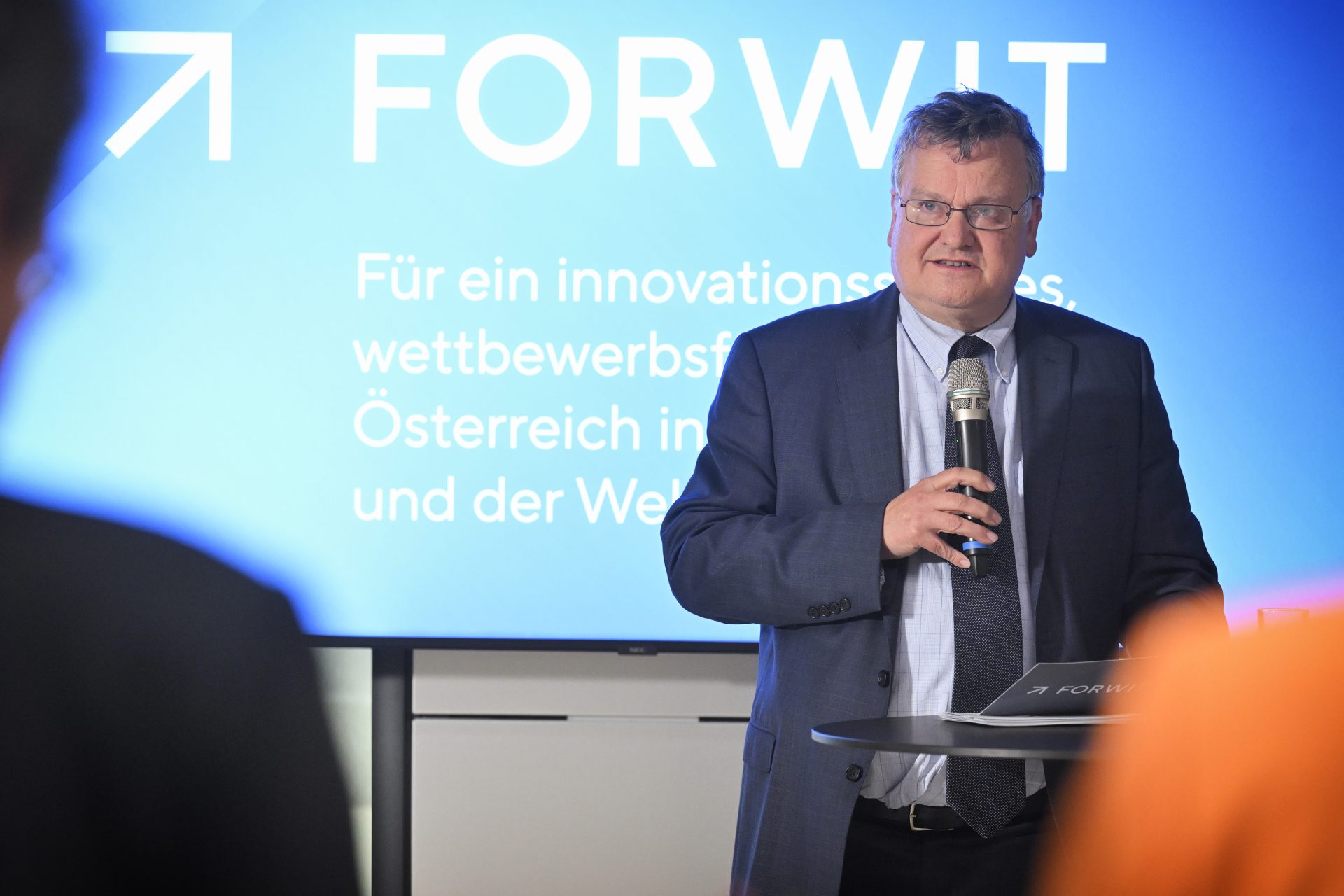
Openness and networking are existential for Austria
It is crucial for Austria to remain an open, tolerant, well-connected and internationally attractive country.
Thomas Henzinger
Competitiveness is also at the centre of attention and, according to Henzinger, this is strongly influenced by how attractive a location is for science and innovation. ‘All countries are competing for the best minds and ideas. It is therefore crucial for Austria to remain an open, tolerant and well-connected country that offers modern education and training opportunities to everyone living here, attracts international talent and is an attractive partner for scientific and research cooperation.’ In order to best master the effects and requirements of the new era, a clear focus on openness, European values and European integration is not only a strategic but an existential necessity.
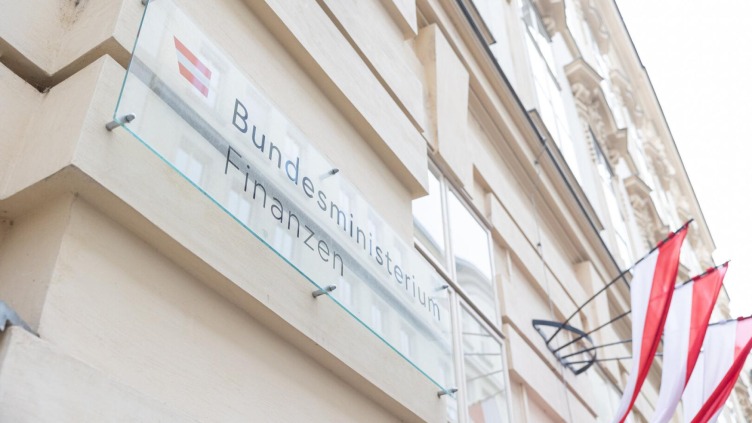
 Steven Lelham
Steven Lelham





